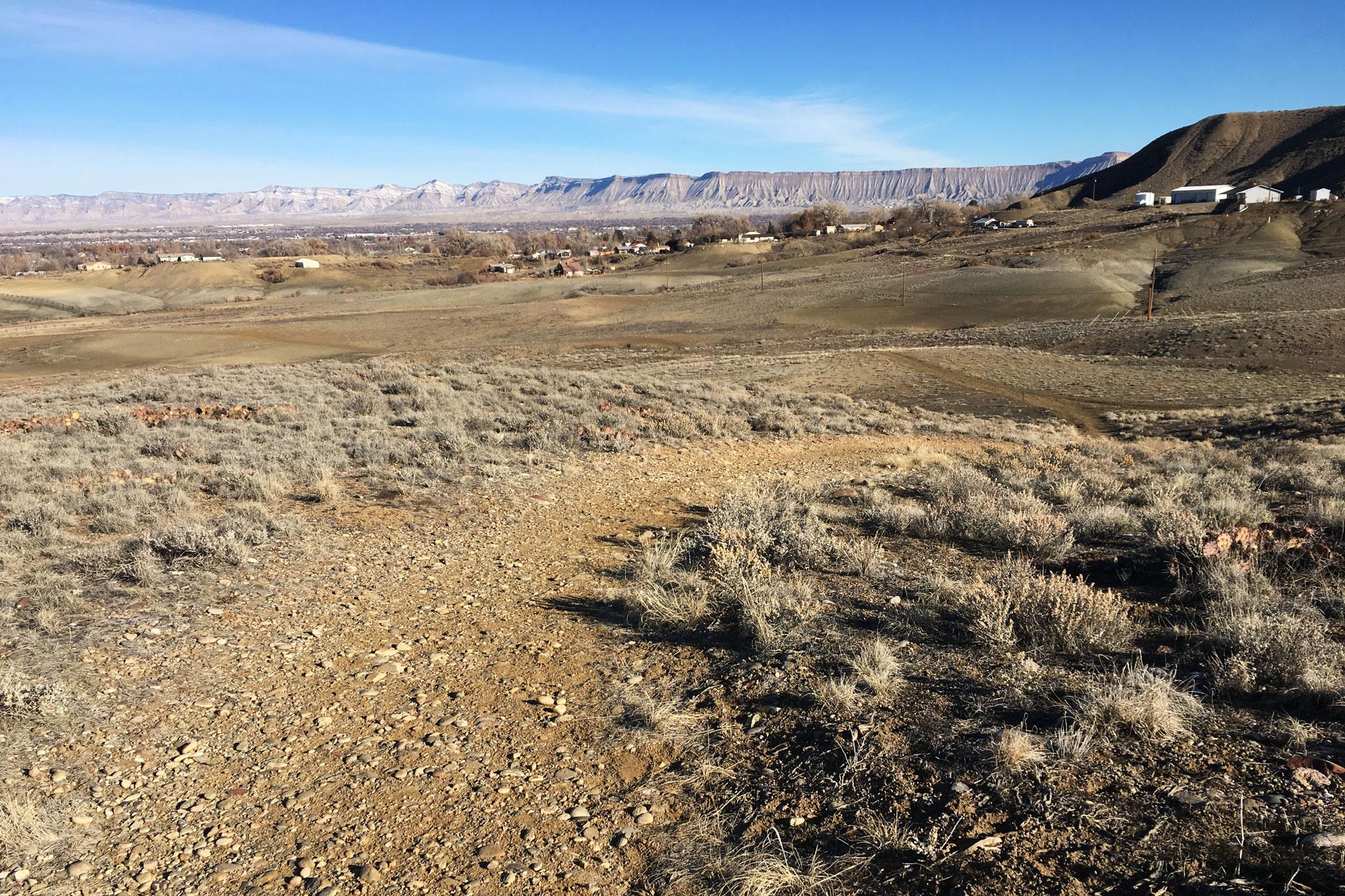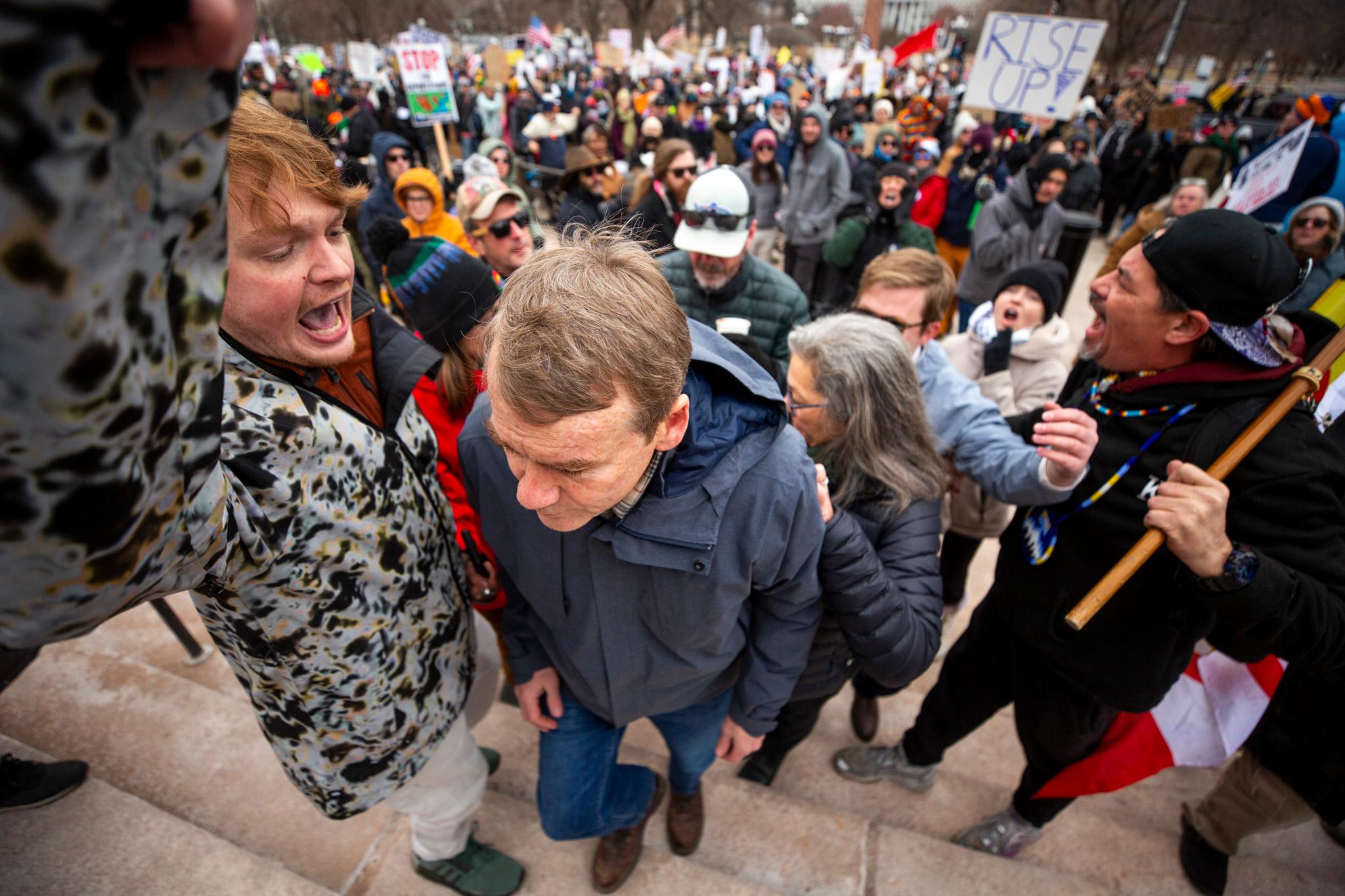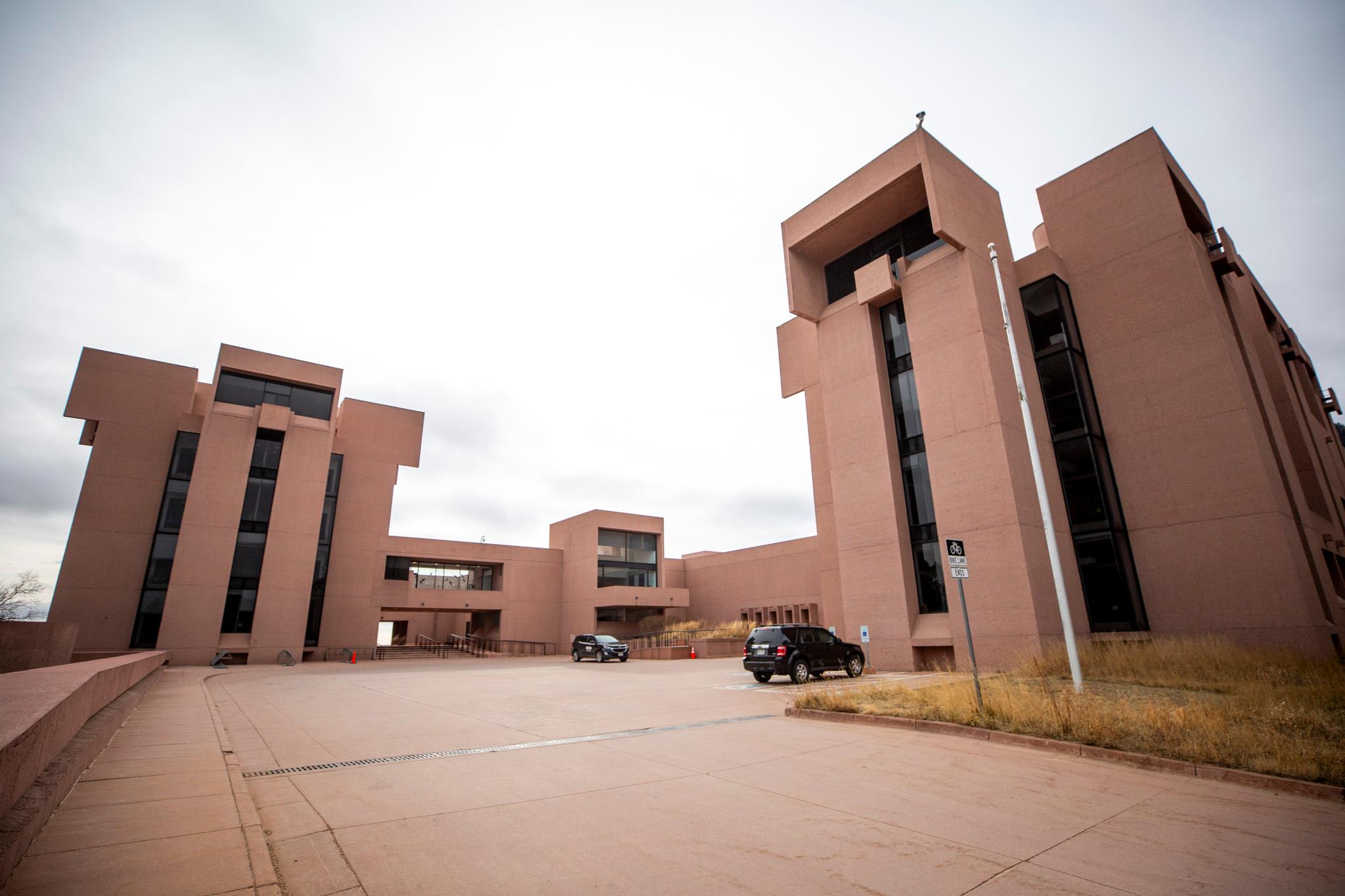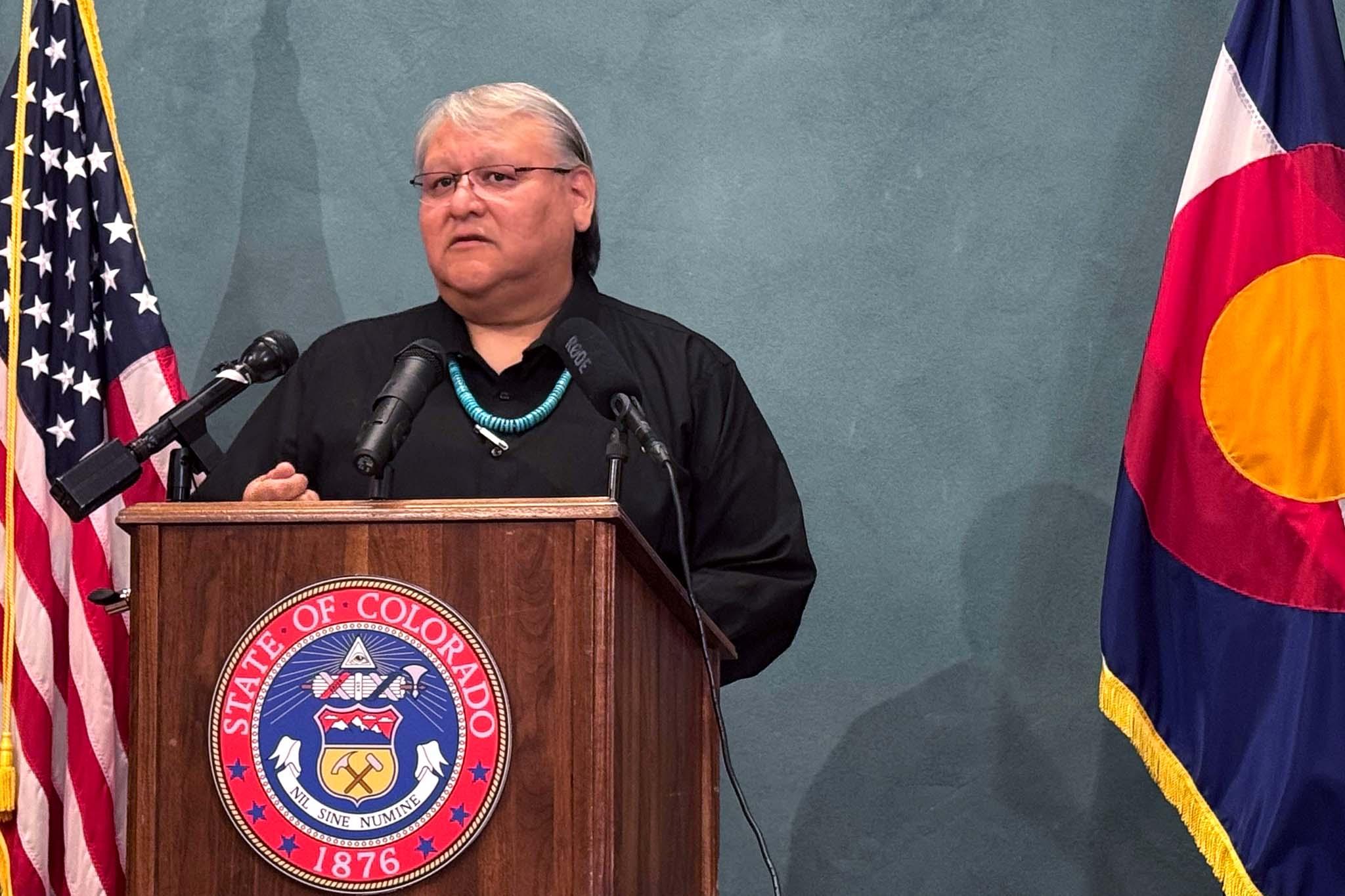

Grand Junction's hope to someday be the home to a federal agency got a recent boost in Washington, D.C.
Last week, the Bureau of Land Management announced it will ask for $60 million to study moving its headquarters out of the Beltway and into the West.
With a population of less than 60,000, Grand Junction might not sound like a strong competitor against the bigger, better-known cities also in the running, including Boise, Idaho; Tucson, Arizona and Utah’s Salt Lake City. But while Grand Junction is pretty much far from everything, Republican U.S. Sen. Cory Gardner said it’s close to what matters: land the BLM oversees.
“To open the front door to your office in Grand Junction, and look out and say, ‘That’s why I’m making a difference,’ that’s a pretty powerful message,” he said.
Gardner imagined that message rippling across Washington and informing policies. He’s been pushing for the move since the end of President Barack Obama’s last term and remembers the comment he made to the former head of the BLM during a hearing.
“I think you’d make better decisions if you’d just move your headquarters out west where the land is. Don’t you?” Gardner told Neil Kornze.
“And to my surprise his response is: ‘Yeah, we should talk about that,’” he said.
The conversation has been going ever since, in fits and starts, and Gardner has made sure Grand Junction has always been included.
The plan has had its skeptics, even from inside this remote community on the dividing line between the mountains and desert. Robin Brown said when locals first heard the senator mention their city as the possible new home for the BLM, many thought it was a “crazy pipe dream.”
Soon, however, it seemed that things were falling into place. Brown, executive director of Grand Junction Economic Partnership, said there were meetings between city leaders and the Department of the Interior. Washington officials flew out for tours.
“Then at some point, last summer fall, it felt like a real possibility, like we were one of the top three choices,” Brown said.

Grand Junction officials heard there would be a decision by the spring. But then one of the big champions of the idea, Interior Secretary Ryan Zinke, left his post, and a new acting secretary of the interior was appointed. Brown still felt optimistic. After all, David Bernhardt, the new guy at the helm, is a native of nearby Rifle.
But, “it went quiet,” Brown said.
That silence persisted until Bernhardt’s confirmation hearing as Interior Secretary when Gardner spoke up. The senator used part of his time to ask for an update of the status of moving the BLM.
“And to my great delight, it was announced that not only are they still moving forward with the idea, but they have actually put money into the budget to look at relocating the BLM west,” Gardner said.
The region has also been willing to spend money, making its case in Washington.
“We have really done a great job at marketing ourselves to BLM officials, to their employees,” Mesa County Commissioner Rose Pugliese said.
She said they’re now prepared to tackle perhaps the area's biggest handicap: its small, regional airport.
“So, if we get a commitment from the BLM that they will move the headquarters, then we will work to secure a direct flight out of Grand Junction airport to D.C.,” she said.
Grand Junction does have something most of its competitors don’t — relatively affordable housing. The average home price is around $240,000, and Brown said that gives her city an edge. Federal officials have told her that their biggest priority is affordability for the estimated 300 employees who could relocate.
Brown’s organization has even put together a relocation task force, just in case.
“We are here. We would love to have the BLM,” she said. “We are ready and prepared to transition into the area if that becomes a reality.”
Even if it doesn’t, Brown thinks this experience has been worth it for Grand Junction. It’s been great advertising, she said and may help it attract another government agency or high-profile company down the road.
“It's forced us to prepare for the day that we do land a big fish,” she said.








